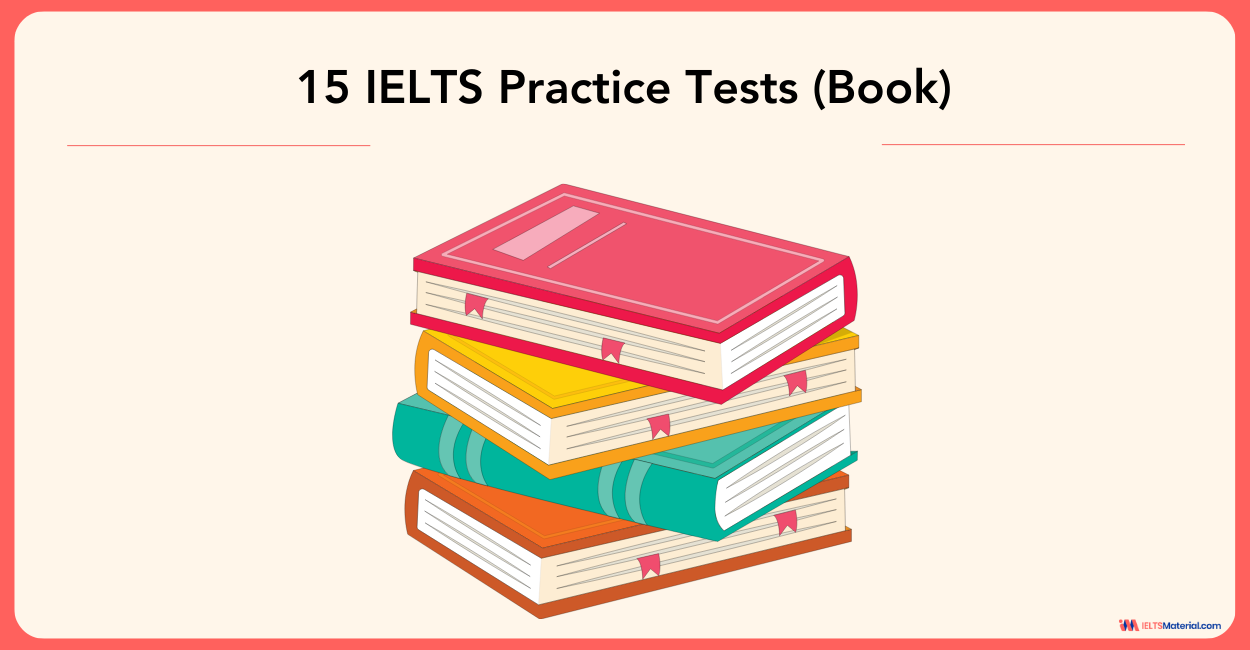How to Ace IELTS Reading with 'Keyword Technique'
Finding IELTS Reading tough under pressure? Learn how to ace IELTS Reading with the 'Keyword Technique'—a powerful method to spot answers fast, decode synonyms, and secure a high band score with confidence.
Table of Contents
- Why Is the IELTS Reading Test So Challenging?
- What Are Keywords in IELTS Reading?
- The Power of Keyword Synonyms
- Keyword Technique: A Step-by-Step Strategy
- Keyword Table: A Quick Reference Tool
- IELTS Reading Example: Apply the Keyword Technique
- Common Mistakes to Avoid with Keywords
- Practice Tips to Master the Keyword Technique

Limited-Time Offer : Access a FREE 10-Day IELTS Study Plan!
Time is your biggest enemy in the IELTS Reading test. With just 60 minutes to answer 40 questions across three long texts in the IELTS Academic test—or various short and long texts in the IELTS General Training version, many test-takers feel overwhelmed. But there’s a simple and powerful strategy that can change the game: the Keyword Technique.
This blog will guide you through how to use keywords and their synonyms effectively to boost your IELTS band score in the IELTS Reading section.
Why Is the IELTS Reading Test So Challenging?
The IELTS Reading section evaluates not just your comprehension but your ability to locate and interpret information quickly. Questions vary in type—multiple choice, matching headings, true/false/not given, sentence completion—and demand both speed and accuracy.
What makes it harder is that the answers are not always straightforward. The examiners love to paraphrase and disguise correct answers using synonyms and parallel expressions. That’s where the keyword technique becomes essential.
What Are Keywords in IELTS Reading?
Keywords are the most important words in a question. They hold the key to finding the relevant part of the passage. These are typically:
- Nouns and verbs
- Proper names (e.g., places, people, scientists)
- Dates, years, and numbers
- Words in italics or capitals
- Unique or unusual vocabulary
When you identify these keywords in the question, they can help guide your eyes to the matching section in the passage. However, don’t expect them to be copied word-for-word. IELTS often paraphrases them.
The Power of Keyword Synonyms
Since IELTS Reading often tests your understanding through paraphrasing, you need to develop the ability to recognize synonyms or parallel expressions—words or phrases with similar meanings. Here’s an example to illustrate:
| Question Keyword | Possible Passage Match |
|---|---|
| Children | Kids, minors, young people |
| Increased | Rose, grew, escalated |
| Car | Vehicle, automobile |
| Attachment | Liking, bond, preference |
| Present | Gift, offering |
So, when reading the questions, always pause and think: What are the possible ways this word or idea might be rephrased?
Not sure where to start? Book a free demo session with our IELTS coaches today !
Keyword Technique: A Step-by-Step Strategy
Here’s how to apply the keyword technique efficiently during your IELTS Reading practice and the actual test:
Step 1: Read the Question Carefully
Identify key nouns, verbs, dates, or proper names in the question.
Step 2: Predict Synonyms
Think about how those keywords could be paraphrased in the text. For example, “researchers” could appear as “scientists,” or “cause” as “reason.”
Step 3: Skim and Scan the Passage
Use skimming to get the general idea and scanning to hunt down specific keyword matches or their synonyms.
Step 4: Underline or Highlight Keywords
As you read the passage, underline or highlight keywords or relevant phrases to help you come back to them easily.
Step 5: Match Meaning, Not Just Words
Always check the surrounding sentences to confirm that the meaning matches the question. Don’t just rely on a word match.
Step 6: Choose Your Answer and Move On
Once you’ve found the matching section and confirmed it logically fits the question, select your answer and keep going. Don’t dwell too long on one question.
Keyword Table: A Quick Reference Tool
Here’s a mini keyword reference table to show how IELTS often rephrases question content:
| Keyword in Question | Similar Keyword in Passage |
|---|---|
| Recommendations | Advice |
| Focus on | Deals only with |
| Aim | Objective |
| Creative writing | Writing good fiction |
| Using the Internet | Online |
IELTS Reading Example: Apply the Keyword Technique
Let’s look at a sample passage and see how keyword matching works in a real context.
Sample Passage Excerpt:
“First, UFOs are generally ignored... Second, we make a very conservative assumption that we are looking for a life form that is pretty well like us…”
“It seems inconceivable that at least one of these planets does not have a life form on it…”
“...radio waves in the frequency range 1000 to 3000 MHz travel the greatest distance...”
Sample Matching Headings Question
Choose the correct heading for paragraphs B–D.
Options:
i. Seeking the transmission of radio signals from planets
ii. Appropriate responses to signals from other civilizations
iii. Vast distances to Earth’s closest neighbors
iv. Assumptions underlying the search for extra-terrestrial intelligence
v. Reasons for the search for extra-terrestrial intelligence
vi. Knowledge of extra-terrestrial life forms
vii. Likelihood of life on other planets
Answer with Keyword Breakdown:
| Paragraph | Correct Heading | Keywords | Keyword Location |
|---|---|---|---|
| B | iv | Assumptions, search | Paragraph B |
| C | vii | Likelihood, life | Paragraph C |
| D | i | Transmission, radio signals | Paragraph D |
By identifying keyword ideas like “assumptions,” “likelihood,” and “radio waves,” the correct answers become much clearer.
Common Mistakes to Avoid with Keywords
While this technique is powerful, be aware of these common traps:
- Looking only for exact word matches
- Ignoring the context around the keywords
- Rushing through skimming and missing key ideas
- Forgetting to consider synonyms or reworded phrases
Always focus on matching ideas, not just isolated words.
Need personalized guidance for IELTS Reading Practice Tests? Connect with our experts in Online Classes today!
Practice Tips to Master the Keyword Technique
To become fluent in spotting and interpreting keywords:
- Read extensively: Engage with newspapers, journals, and articles to expose yourself to paraphrased language.
- Build a synonym list: Create a personal list of common IELTS keywords and their synonyms.
- Do timed practice tests: Simulate real test conditions to improve your scanning speed.
- Review your mistakes: Analyze wrong answers and identify where you missed keyword matches.
- Use IELTS Reading practice books and websites: Consistent exposure helps reinforce keyword spotting and paraphrasing skills.
The keyword technique is one of the most reliable methods for scoring well in IELTS Reading. It allows you to cut through the clutter, focus your attention, and find answers efficiently—even when the clock is ticking.
However, it’s not just about spotting keywords—it’s about understanding meaning and context. With regular practice and a sharp eye for synonyms and paraphrasing, you’ll be well on your way to a higher IELTS Reading band score.
Access free practice materials and tips for IELTS Reading. Download now!
Useful Articles:
- How to complete IELTS Reading in less than 1 hour
- Useful IELTS Reading Website Resources & material for both Academic & General Training Module
- 101 IELTS Reading Past Papers With Answers PDF Download
- 15 Days’ Practice for IELTS Reading (PDF) with Answers (General And Academic)
- IELTS Listening Reading and Writing Answer Sheet
- Should You Use All Capital Letters in the IELTS Listening and Reading Tests
- How to Do Short Answer Type of Questions in IELTS Reading?
Explore IELTS related articles

Start Preparing for IELTS: Get Your 10-Day Study Plan Today!
Explore other Reading Articles
Recent Articles

Nehasri Ravishenbagam

Nehasri Ravishenbagam

Haniya Yashfeen









Post your Comments
2 Comments